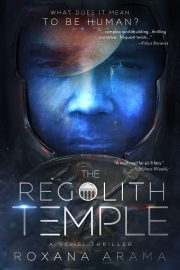Book Releases on a Budget
by Catherine Lundoff
Got a new book coming out? If you need to do all or even some of your own publicity, a multi-pronged approach to getting the word out about it can very helpful. And, if you’re like most writers, your budget is somewhat limited. So let’s talk about what you can do that promotes your work, but keeps that promotion affordable.


